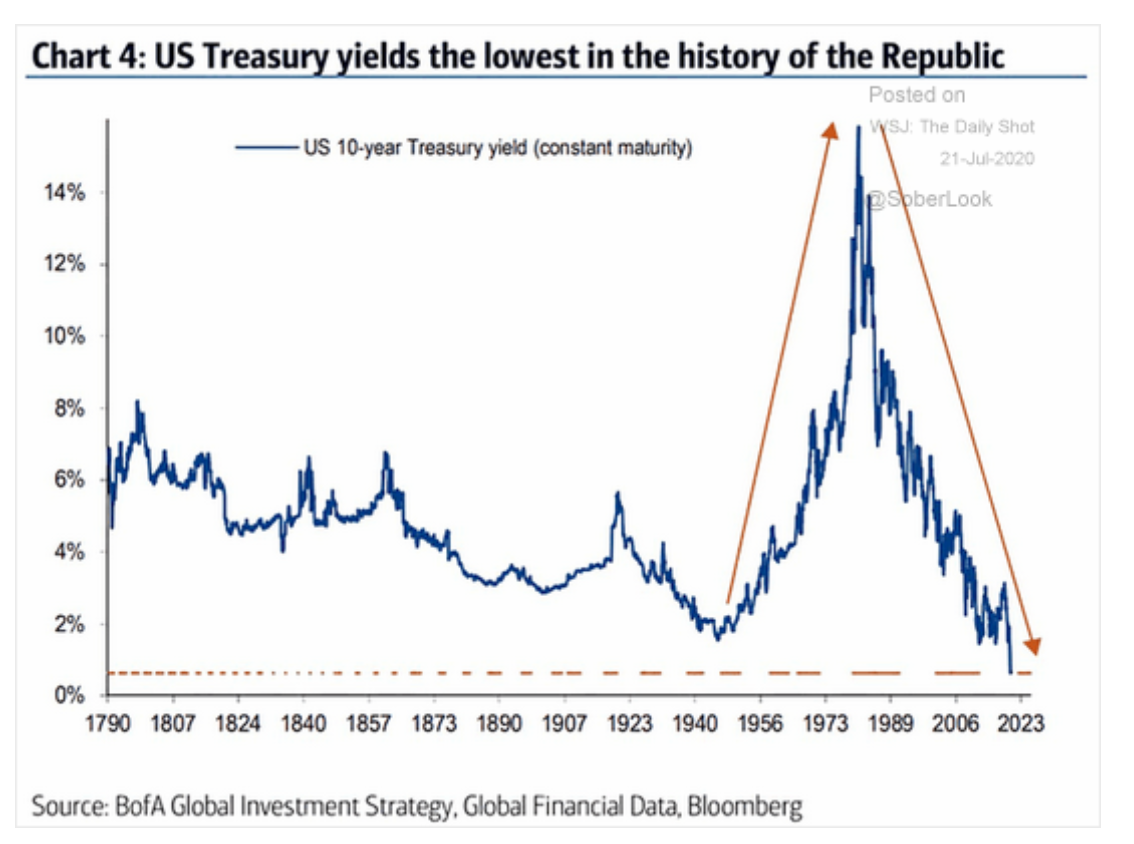On one side of campus were guardsmen - most of whom had not considered going to college until ordered to go that day - and on the other side were students who were preparing for careers that neither they nor their professors could imagine. A divide that would define the next half century.
Economic change creates new identities which changes politics. Before 1970, white collar and blue collar workers shared the identity of labor and tended to vote similarly. After 1970, a divide began to emerge between the college educated who saw themselves as part of a global, information economy and non-college educated who felt more a part of an American, industrial economy. Labor split into factory workers and knowledge workers and they voted differently.
Between 1933 and 1969, as the party of labor the Democratic Party had the White House and a majority in the House and Senate 72% of the time. They dominated. After 1969, labor identities split between factory workers and knowledge workers and the vote - too - was split. Since 1969, power has been shared between Republicans and Democrats 70% of the time, and each has had control of government only 15% of the time. That could change.
In 1972, the Democratic National Committee set quotas for women, minorities and youth but not union members or factory workers. After that point, feeling ignored by the Democratic Party, factory workers tended to vote Republican and knowledge workers to vote Democratic.
When there were more factory workers than knowledge workers, the Republicans won the popular vote for president. When the number of knowledge workers began to eclipse the number of factory workers, the Democratic Party began winning the popular vote for president.

When there were more factory workers than knowledge workers, the Republicans won the popular vote for president. When the number of knowledge workers began to eclipse the number of factory workers, the Democratic Party began winning the popular vote for president.

In the 1970s and 1980s, factory workers outnumbered knowledge workers. In five presidential elections from 1972 to 1988:
- Republicans won 4 by average of 11.2 million votes
- Democrats won once by 1.7 million (and that was after Watergate)
- Republicans won 4 by average of 11.2 million votes
- Democrats won once by 1.7 million (and that was after Watergate)
Since 1990, knowledge workers have outnumbered factory workers. In the seven presidential elections since 1992:
- Democrats have won 4 by an average of 7.1 million votes
- Republicans have “won” 3 by an average of -133,444 votes (the one time a Republican presidential candidate actually won the popular vote was after 9-11)
- Democrats have won 4 by an average of 7.1 million votes
- Republicans have “won” 3 by an average of -133,444 votes (the one time a Republican presidential candidate actually won the popular vote was after 9-11)
Factory workers as a percentage of the population continues to fall and the percentage of folks with a Bachelors degree continues to rise. While Trump has a shot at winning the electoral college, his odds of winning the popular vote are close to zero. Trump has finalized the Republican Party's identity as the anti-knowledge worker party. Since he has become head of the Party, Republican's trust in universities has dropped and a willingness to defy experts has become key to the identity of Trump's Republicans.


That day at Kent State dramatized a dividing line between two groups with very different identities that considered themselves part of two very different economies. It is a conflict that has continued to define our politics for half a century and is finally waning in importance as the percentage of factory workers falls to the level that knowledge workers were at the beginning of this divide.








